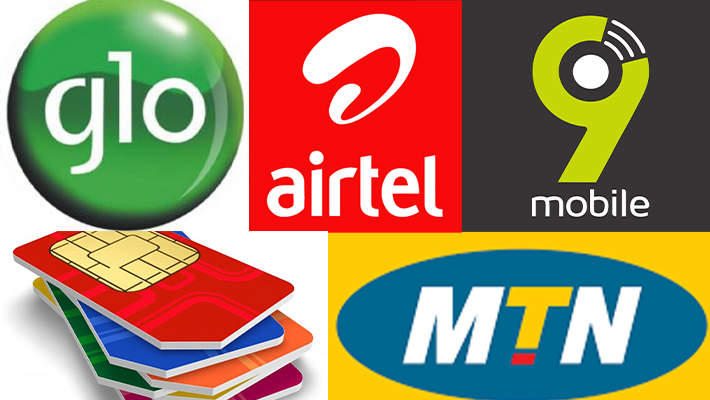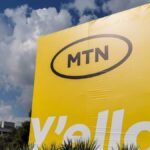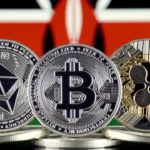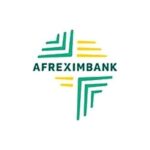The Nigerian Communications Commission will this week release the names of 18 banks that have defaulted in settling their outstanding debts for using Mobile Network Operators’ Unstructured Supplementary Service Data platforms.
These banks are owing a total of N200 billion, as the telecom regulator is preparing to take action, including suspending USSD services for the defaulters.
Industry sources said that only four banks have complied with the payment requirements set out in the report published by the Central Bank of Nigeria and the NCC in December 2023.
The guidelines state that 60% of pre-API (application programming interface) bills must be paid by January 2, 2025, through payment schedules agreed between banks and MNOs. However, other banks have yet to implement their payment agreement.
- Advertisement -
The NCC’s decision to expose the defaulters is part of its continuous effort to address the protracted debt conflict between financial institutions and telecommunications firms, a matter that has been contentious for numerous years.
Meanwhile, telecommunications providers have raised alarms regarding the repercussions of the outstanding debt on the viability of USSD services and have also indicated a potential withdrawal of the service.
In a future public announcement by the NCC, subscribers to these services will be instructed on how to switch to other banks so that they can access and withdraw their banking services without interruption.
The Central Bank of Nigeria’s electronic payment data shows that 252.06 million transactions totalling ₦2.19 trillion were made through USSD between January and June 2024.
This represents an increase from the full-year data for 2023. According to the data, ₦4.84 trillion was transferred through 630.6 million transactions through USSD codes.
- Advertisement -
USSD services were initially developed by telecommunications companies to provide airtime and subscription services. However, they have become very popular means of payment due to the non-reliance on internet subscription. Hence, the concern that cutting off the service will affect millions of people without internet and access to banking serviecs.










